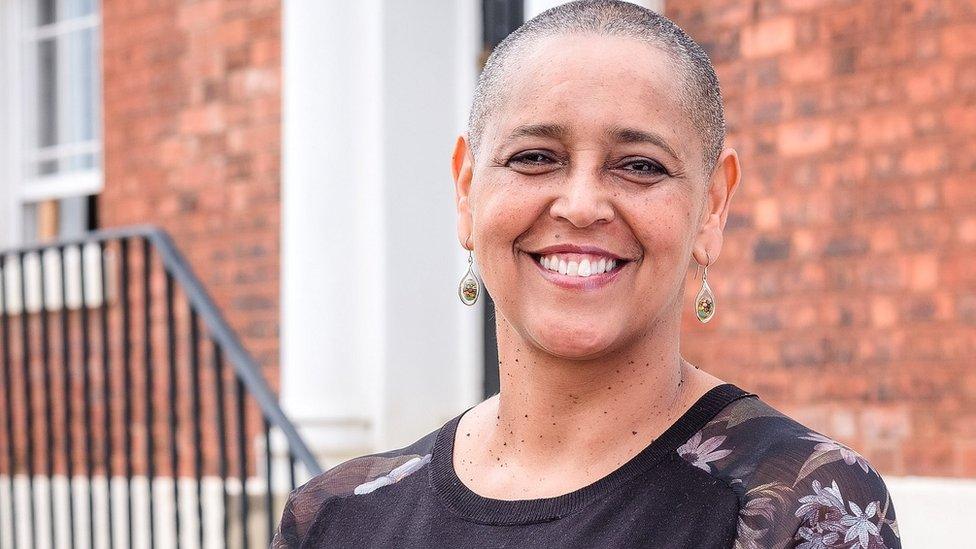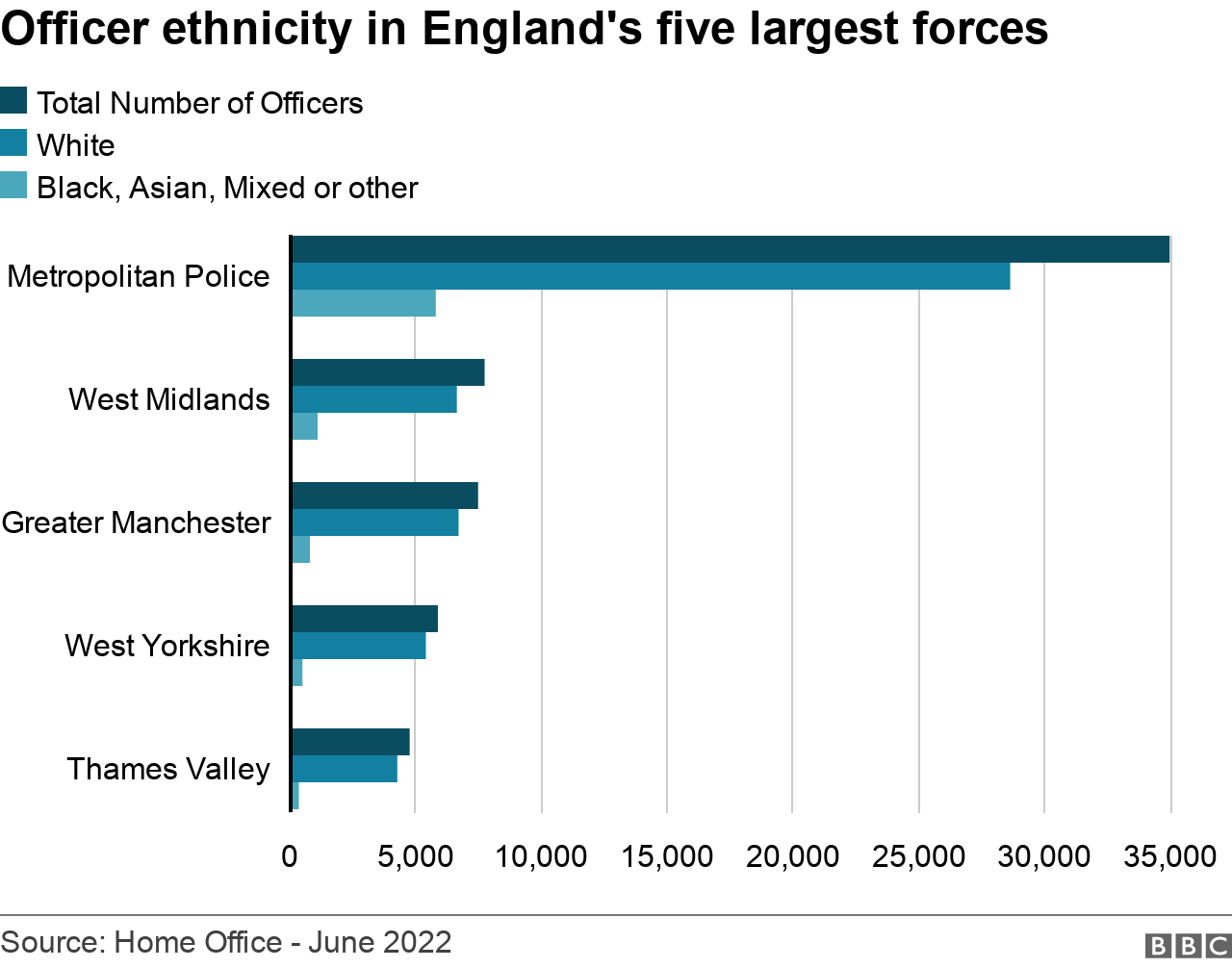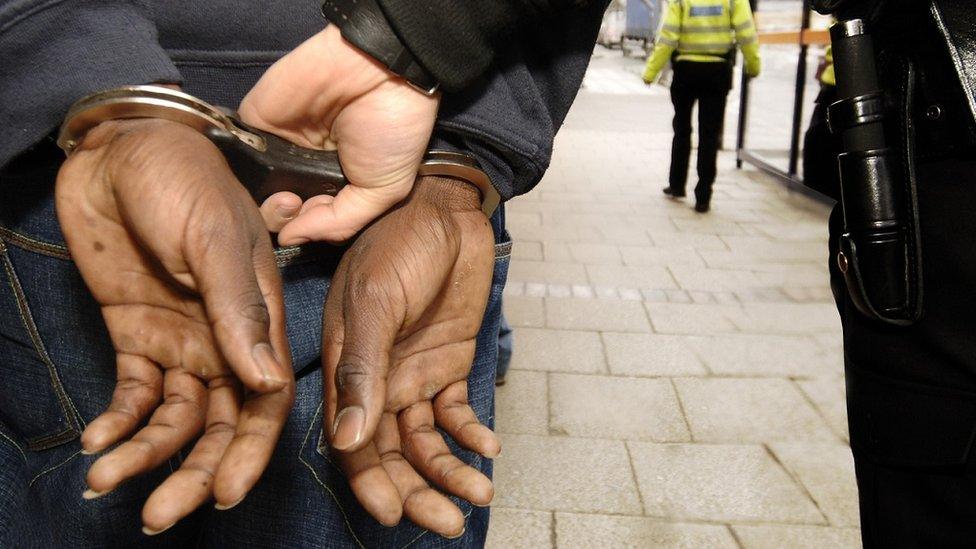West Yorkshire Police diversity stats woeful, says deputy mayor
- Published

Alison Lowe oversees crime and policing in West Yorkshire
Racial diversity within West Yorkshire Police has been described as "woeful" by the county's deputy mayor.
Alison Lowe, who oversees policing, said just 7.4% of the force's 5,813 officers were from a black, Asian or minority ethnic background.
However, she said the force was working to combat the disparity, with 17% of new recruits coming from "BAME communities".
Det Supt Tanya Wilkins said the force is committed to addressing the issue.
Speaking to BBC Radio Leeds about how the force could forge links with different communities to improve recruitment she said there was "lots of great work happening".
"But the pace of the work is not fast enough and the evidence of the success of that work is not there," she said.
"Representation of police officers is a big piece of work that West Yorkshire have been undertaking for the last two years.
"We went from 6.3% of our police officers being from BAME backgrounds, which is woeful. We're at 7.4%, which is still woeful."

Despite efforts to increase diversity, some say the force faces an uphill battle.
Natalie Pinnock-Hamilton, a member of the police advisory group in Huddersfield, said a lot of people had "lost confidence" in the police.
"I think a lot of them just do not trust the police. It's the same with having more black people in the police force, a lot of people won't join because they feel that they are traitors [that they are] letting the community down. Because, after the way we have been treated why would we want to go and work for the police?"
Ms Tanya Wilkins, who is the highest ranking black female officer in West Yorkshire Police, said there had been a "massive proactive effort" within policing to address issues around race, resulting in the Police Race Action Plan, external.
Published earlier this year the plan aims to "improve outcomes for black people who work within or interact with policing".
Ms Wilkins said: "This is the first time we've ever had a plan dedicated to the black communities.
"[It's about] improving representation, over-policing - at the moment there's some disproportionality around stop and search, use of force when you look at the data around black communities - so, it's about why is that the case and what can we do to make sure there isn't disproportionality with different communities?"
However, she said the best way the force could better help communities was through more diverse recruitment.
"If you want policing to be better, if you want policing to represent you and your needs then come join us, that's the only way you can make a difference," she said.

Follow BBC Yorkshire on Facebook, external, Twitter, external and Instagram, external. Send your story ideas to yorkslincs.news@bbc.co.uk, external.
Related topics
- Published24 May 2022

- Published10 February 2022
